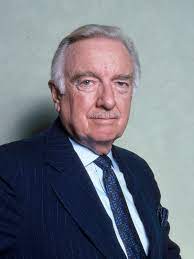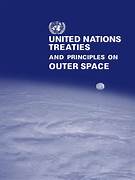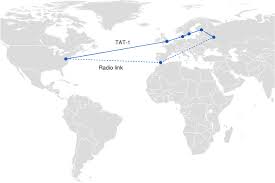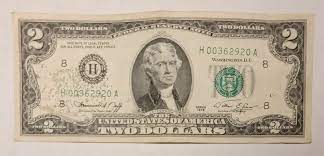November 29, 1963, marks a crucial day in American history, particularly in the aftermath of the tragic assassination of President John F. Kennedy on November 22, 1963, in Dallas, Texas. On this day, President Lyndon B. Johnson established the Warren Commission, officially known as the President's Commission on the Assassination of President Kennedy, to investigate the circumstances surrounding Kennedy's death and to provide the American public with a comprehensive report.
The Warren Commission, chaired by Chief Justice Earl Warren, comprised seven members, including prominent figures from different spheres of American life. Its primary task was to conduct a thorough and impartial investigation into the assassination, addressing questions about the events leading up to the shooting, the identity of the assassin, and any potential conspiracy behind the tragic incident.
One of the key findings of the Warren Commission was the conclusion that Lee Harvey Oswald acted alone in assassinating President Kennedy. The report, released in September 1964, asserted that Oswald fired three shots from the sixth-floor window of the Texas School Book Depository, with the second shot causing the fatal injuries to the president. The commission's investigation dismissed the existence of a broader conspiracy involving multiple individuals or organizations in the planning and execution of the assassination.
The conclusions reached by the Warren Commission, however, have been a subject of persistent controversy and skepticism. Critics have raised various concerns about the investigative process, arguing that certain evidence might have been overlooked or disregarded. Questions have been raised about the adequacy of the commission's inquiry into potential motives, the handling of eyewitness testimonies, and the reliance on forensic evidence.
The skepticism surrounding the Warren Commission's findings led to the establishment of numerous conspiracy theories about the assassination of President Kennedy. Some theories suggested involvement by the Mafia, the CIA, or other shadowy groups, adding an air of intrigue and suspicion to the events of that fateful day.
Over the years, subsequent investigations, documentaries, and books have continued to explore the circumstances surrounding Kennedy's assassination, contributing to the ongoing debate about the validity of the Warren Commission's conclusions. The House Select Committee on Assassinations, established in the late 1970s, reexamined the evidence and suggested the possibility of a conspiracy in its final report, although the findings were inconclusive.
The legacy of the Warren Commission goes beyond its specific conclusions. It highlighted the challenges of investigating high-profile events with significant political implications and the difficulties in establishing consensus on controversial matters. The assassination of President Kennedy remains a poignant and widely debated moment in American history, with the Warren Commission's investigation serving as a pivotal chapter in the ongoing quest for truth and clarity surrounding that tragic day in 1963.






